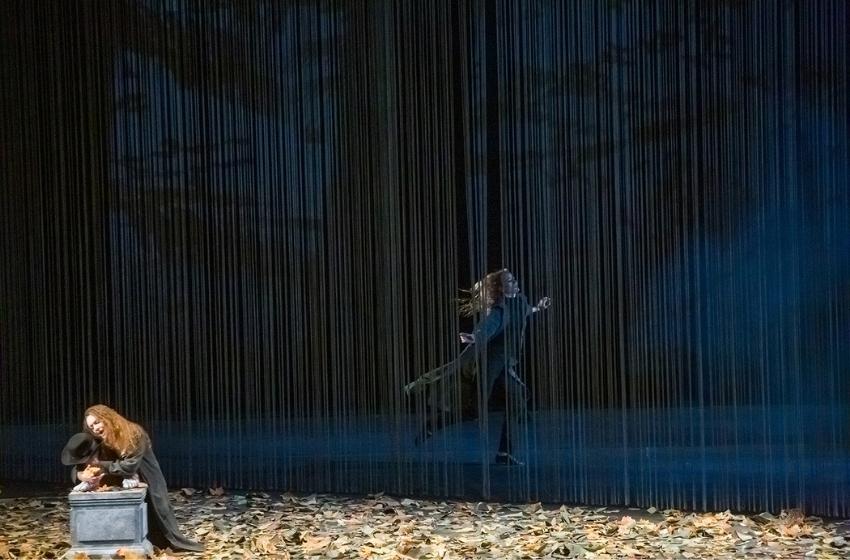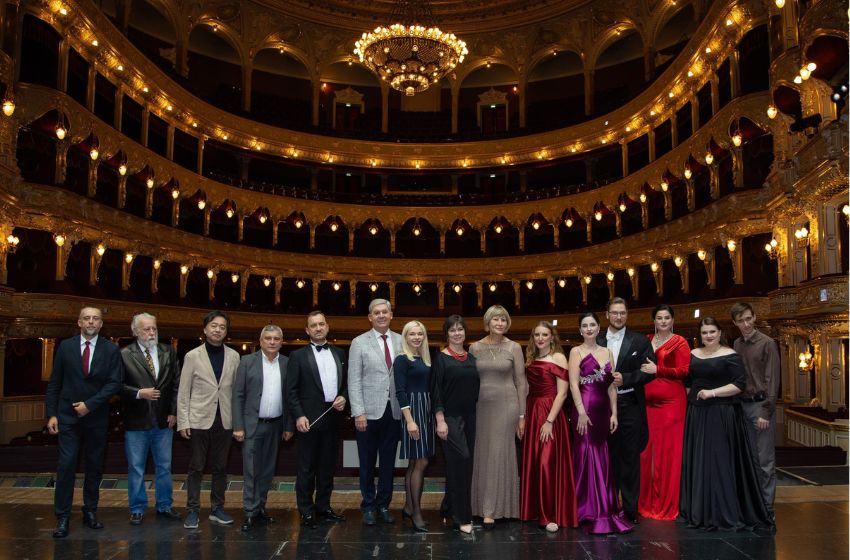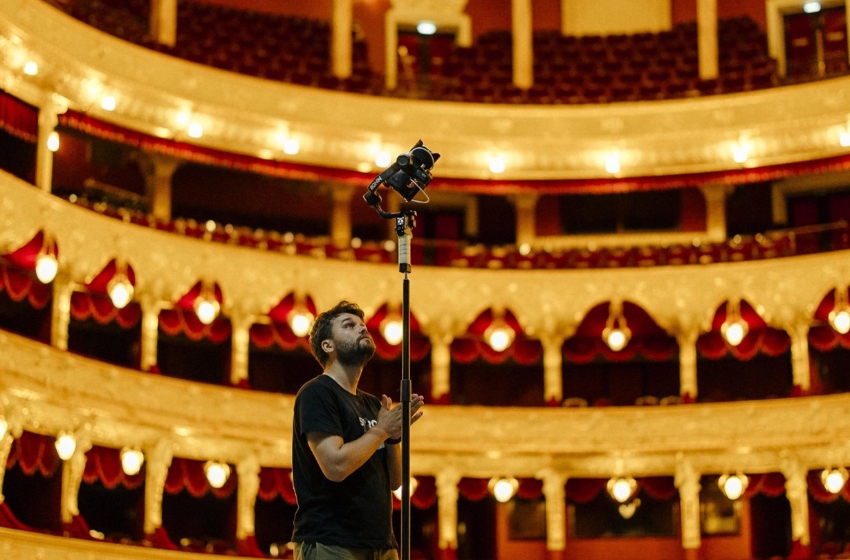The first post-quarantine tour of the Odessa Opera!
Every year the first days of spring are marked by the Martisor Music Festival. During the first ten days of March, the best concert halls from Chisinau (i.e. Philharmonics, Organ Hall, Opera Theater, National Palace) and other localities host over 40 concerts. The performances vary, from classical music, to folklore, to traditional and modern dance. The festival brings to Moldova artists from many countries such as Austria, Germany, Poland, Romania, Belarus, China, Ukraine and others. Mărțișor (the pronunciation: [mərt͡siˈʃor]) is a Moldovan celebration of the beginning of spring. The word Martisor is the diminutive of marț, the old folk name for March, and thus literally means "little March".
Martisor is the name for the red and white string with hanging tassel customarily given on the 1st day of March. In the olden times, the string could've also been black and white or blue and white. Giving this talisman to people is an old custom, and it is believed that the wearer will be strong and healthy for the year to come. It is also a symbol of the coming spring.

With the improvement of the epidemiological situation, the Headquarters under the President of the Moldova Republic for the prevention of the spread of coronavirus, it was decided to resume mass events, but with a limited number of spectators.
Still, most of the festive events will take place online. Concerts, master classes, exhibitions, various actions can be seen on social networks, as well as on the websites of state administrations of cities and regions of the republic and YouTube channels of local cultural institutions.
We are pleased to announce that the Odessa National Opera and Ballet Theatre is bringing a mono-opera by Mikael Tariverdiev "Expectation" to the festival. It's full of romances on poems by V. Shakespeare, M. Tsvetaeva, A. Voznesensky, plays from the piano cycle "Moods" by Mikael Tariverdiev.
“Expectation†- mono-opera by Mikael Tariverdiev based on Robert Rozhdestvensky's poem “Waiting (woman's monologue)†(1982). The opera was written specifically for the Boris Pokrovsky Chamber Theater "based on the unique talent of Maria Lemesheva", the theater's soloist.

There is only one character in the opera: "She", the heroine who comes on a date 32 minutes earlier than the man, and during the waiting time she has time to endure a flurry of various emotions, which she expresses in the form of a monologue.

In a classical production, the opera does not have a happy ending: “it ends sadly, enlightened, but sad - at least with a big question, and in the first production it was shown quite concretely - the heroine leaves aloneâ€. But, for example, in the version of "New Opera" (2010) an optimistic ending was given, which caused a storm of positive emotions in the audience - the heroine waited for the one for whom she came on a date.
The mono-opera will be shown in Palace of the Republic, Chișinău at 06 March 6 pm.






















